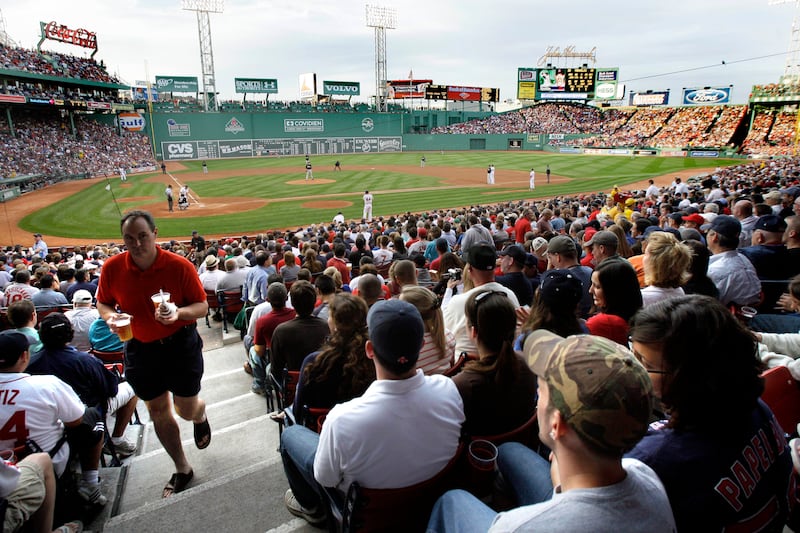Just two days after the Tampa Bay Rays announced a critical step in getting a new, $1.3 billion ballpark built — a deal that, if completed, would keep the team in Florida — Utah Gov. Spencer Cox was beaming about what the news means for the current effort to bring Major League Baseball to Utah.
The MLB has communicated frequently that it was interested in moving forward with a two-team expansion but would hold off on beginning that league growing process until the Oakland Athletics and Tampa Bay Rays resolved long-running stadium issues.
Cox said the A’s problem was crossed out when the team announced a few months ago that it had reached a tentative agreement to move the Athletics from their longtime home in the Bay Area to Las Vegas. And, earlier this week, the other issue holding up the MLB expansion plan also appeared to reach resolution as Rays’ ownership announced an agreement with the city of St. Petersburg and Pinellas County to build a new $1.3 billion ballpark as part of the redevelopment of the Tropicana Field site, an 86-acre area also known as the Historic Gas Plant District, per MLB.
At the taping of his monthly KUED press conference on Thursday, Cox lauded the Rays’ announcement as the “good news that we’ve been waiting for” and said he liked Utah’s prospects for landing one of the potential new MLB team slots.
“Now that those two (deals) are done, we think, and again everything we’ve been told is, that Major League Baseball will now start to look at a two-team expansion,” Cox said. “We like our chances.”
In April, the Miller family and the Larry H. Miller Company announced a coalition of Utah leaders had been convened to position Salt Lake City as an ideal market for Major League Baseball. Big League Utah, a broad-based community coalition, said it believes Utah is the “Future of America’s Pastime” and has targeted a shovel-ready site for a new MLB ballpark at the 100-acre Rocky Mountain Power District on Salt Lake City’s west side.
“We believe in the power of sports to elevate and unify communities,” Gail Miller, co-founder and owner of the Larry H. Miller Company, said in an April press statement. “Larry and I risked everything to acquire the Utah Jazz, and it was a tremendous honor to ensure it thrived as a model franchise. We now have an opportunity to welcome Major League Baseball to Utah and invite all Utahns to join us in this effort.”
Cox has made no secret of his excitement since the news of the potential MLB owners’ group pursuit went public, though he’s qualified his enthusiasm with some strict parameters when it comes to what role taxpayer dollars should play, or rather not play, in making a deal happen.
But, he also believes the state can find a supportive position via a path that protects taxpayer dollars while using existing economic tools to help bring an MLB franchise to Utah.
Cox’s love of baseball shone through Thursday as he related a recent trip to Boston’s Fenway Park to see his fave team, the Red Sox, battle their historic, pinstriped rivals, the New York Yankees.
“I had the opportunity to go to Fenway Park last week, first time in my life,” Cox said. “I’ve been a Red Sox fan most of my life. To actually be there at what they call the Cathedral of Boston, it was emotional to see my team play there.
“And all night long all I could think of is ‘I want this here, I want this in Utah, I want this in Salt Lake City.’ We need this, we deserve this ... I know we would just crush it.”


 alt=Art Raymond
alt=Art Raymond